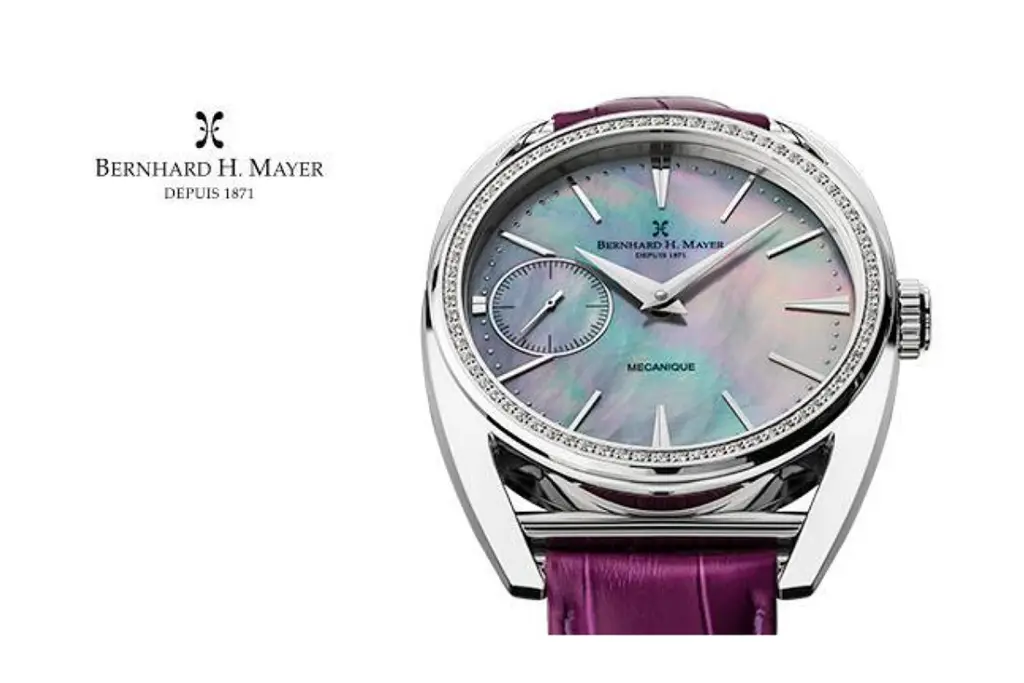
How to Choose a Swiss Watch: A Timeless Investment in Precision and Prestige
Swiss watches have long stood as benchmarks of craftsmanship, quality, and enduring style. Engraved with the prestigious “Swiss Made” label, they represent far more than instruments for measuring time—they are functional heirlooms, status symbols, and often, works of art. Yet for those new to the world of horology, selecting a Swiss watch can seem like navigating an intricate labyrinth of features, mechanisms, brands, and price points.
Contrary to popular belief, the most expensive model isn’t necessarily the best choice for every buyer. The ideal watch reflects your lifestyle, values, and personal style—without compromising on quality. This comprehensive guide will walk you through the essential elements to consider when choosing a Swiss timepiece, helping you make a confident and informed investment.
The Significance of “Swiss Made”
The “Swiss Made” engraving is more than just a branding element—it is a legally protected mark of authenticity and excellence. To carry this label, a watch must meet a stringent set of criteria defined by Swiss law:
* Its movement (the internal mechanism) must be Swiss.
* The movement must be cased up in Switzerland.
* The final inspection of the watch must take place in Switzerland.
These requirements ensure that the quality control, engineering, and assembly processes are conducted under the watchful eye of Swiss standards. As a result, Swiss Made watches are globally recognized for their exceptional reliability, precision, and longevity.

Quartz vs. Mechanical: Deciding Between Accuracy and Artistry
The heart of any timepiece lies in its movement. When choosing a Swiss watch, one of the most fundamental decisions you’ll face is selecting between a quartz and a **mechanical** movement.
Mechanical Watches
Mechanical watches are revered for their intricate craftsmanship. Each one is powered by a network of tiny gears, springs, and levers, assembled with meticulous precision—often by hand. These watches are available in two types:
Manual-winding: Requires regular winding by the wearer.
Automatic (self-winding): Harnesses kinetic energy from wrist movement to power the mechanism.
Mechanical watches are typically more expensive due to the complexity of their design and the artistry involved in their creation. They are also cherished for their smooth sweeping second hand and timeless appeal.
Quartz Watches
Quartz watches, by contrast, are battery-powered and use a quartz crystal oscillator to keep time. They are celebrated for their high accuracy, low maintenance, and affordability. Quartz models may not evoke the same romanticism as their mechanical counterparts, but they deliver unmatched practicality for everyday use.
Both movements are well-represented in Swiss watchmaking, and the choice ultimately depends on your lifestyle and preferences.
Functionality Beyond Timekeeping
Modern Swiss watches are far more than simple timepieces. Many offer additional complications—features that go beyond basic time display. These may include:
– Date and Day Displays
– Moon Phase Indicators
– Chronographs (stopwatch functionality)
– Dual Time Zones
– Power Reserve Indicators
While complications can enhance the watch’s utility, they also add to its complexity and cost. It’s important to balance functionality with aesthetic preference and daily relevance.
Equally essential are protective features like sapphire crystal glass, known for its scratch resistance, and water resistance, which ensures durability under a range of conditions. These attributes can significantly extend the watch’s life and maintain its pristine condition over time.

Understanding the Cost: More Than Just a Price Tag
Swiss watches can range from a few hundred to several million dollars, depending on a variety of factors:
Brand Prestige: Established names with a long heritage often command higher prices.
Limited Editions: Rarity and exclusivity increase a model’s desirability and value.
Materials: The use of precious metals, diamonds, or handcrafted details raises both the cost and collectibility.
Craftsmanship: Hand-assembled, finely tuned mechanisms require more labor and expertise.
That said, there are accessible luxury options that uphold Swiss craftsmanship without reaching stratospheric price points. A prime example is Bernhard H. Mayer, a Swiss brand with German origins dating back to 1871. Known initially for its mastery in precious metalwork, the brand has built a reputation for precision timepieces that carry the Swiss Made hallmark. Offering models with refined styling, durable build, and heritage-level craftsmanship, Bernhard H. Mayer proves that Swiss excellence can be attainable without compromising on authenticity.
Style and Versatility: Matching Your Watch to Your Life
A Swiss watch should feel like a natural extension of your identity. Whether your aesthetic leans toward minimalist elegance or bold innovation, there is a Swiss timepiece to match. Most leading brands offer collections that cover a spectrum of styles:
Classic: Clean lines, traditional dials, leather straps—perfect for business or formal settings.
Modern: Innovative materials, distinctive shapes, and cutting-edge design.
Sporty: Rugged cases, water resistance, and functional complications for active lifestyles.
The right watch will not only complement your wardrobe but may even shape your personal brand. As the French expression “Noblesse oblige” implies—*“status obliges.”* A sophisticated watch silently signals attention to detail, ambition, and refined taste.

Conclusion: More Than a Watch—A Legacy
Choosing a Swiss watch is not merely a purchase; it’s a personal investment in craftsmanship, tradition, and timeless design. While budget is certainly a consideration, the most important factors are authenticity, mechanical excellence, and how well the piece resonates with your personal values and style.
Whether you are selecting your first Swiss timepiece or expanding a growing collection, let purpose guide your decision. A well-chosen Swiss watch will serve as a trusted companion, a daily statement, and perhaps one day, a cherished heirloom passed on to the next generation.
In a world that moves ever faster, a Swiss watch helps you not only measure time—but own it.






